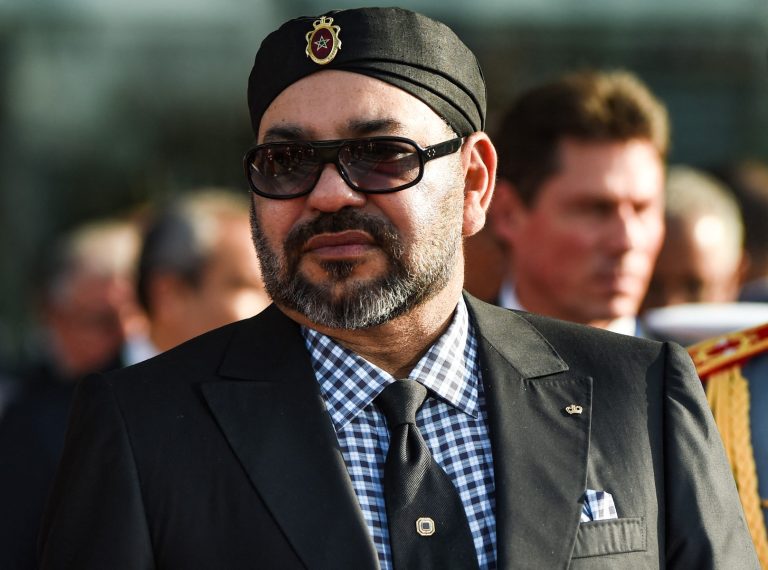Rabat – Morocco wants to become the top player in the green hydrogen market in North Africa, taking advantage of its pioneer role in renewable energy with plans to export to Europe and use it to produce fertilizers.
In late July, King Mohammed VI (pictured above) reaffirmed his country’s ambition in a speech and called for the “rapid and qualitative implementation” of the “Moroccan Offer” of green hydrogen.
For the monarch, it is necessary to “seize the virtues our country has and take advantage in the best possible way of the projects supported by international investors in this promising sector.”
Hydrogen is obtained through water electrolysis, which separates this gas from oxygen. However, it is only considered “green” when produced with clean power sources, like wind, solar or hydraulic.
Therefore, expectations are high on the fuel that can play a significant role in decarbonizing energy-intensive industries that cannot easily be electrified, such as steel, cement and chemicals, and can also store clean energy.
Furthermore, Rabat is also considering implementing it in the production of ammonia, a basis of fertilizers, a sector in which the country stands out worldwide for its immense phosphate reserves.
Hence, Morocco wants to become a regional leader in green fertilizers, even though its sector is “embryonic and the large global projects will not see the light of day until three to five years from now,” said Samir Rachidi, director of the Moroccan research institute IRESEN to AFP.
In mid-August, Morocco’s Ministry of Economy announced it had set aside 6,000 square kilometers to build “eight green hydrogen and ammonia production plants.” The Moroccan press reported, in turn, that there are investment plans by Australian, Indian, German, French and British companies in the country in the sector.
As an industry that needs cheap electrical power to be profitable, its goal is to keep production costs below one to two dollars per kilogram of green hydrogen, explained Ahmed Reda Chami, president of the Economic, Social and Environmental Counsel of Morocco, to “La Vie Eco” magazine.
Hydrogen rush
The African country is competing with other regional powers with the advantage of having invested heavily in clean energy in the past 15 years, generating 38% of production, with the goal to reach 52% by 2030.
Other countries in the Maghreb region also stand out in the sector, such as Algeria, which recently made major investments to increase its clean energy production, and Tunisia, which plans to export 5.5 to 6 tonnes of green hydrogen to Europe by 2050.
According to research by consulting company Deloitte, North Africa is predicted to be the leading green hydrogen-exporting region in the world by 2050.
Any reproduction of this content is prohibited.
Translated by Elúsio Brasileiro




